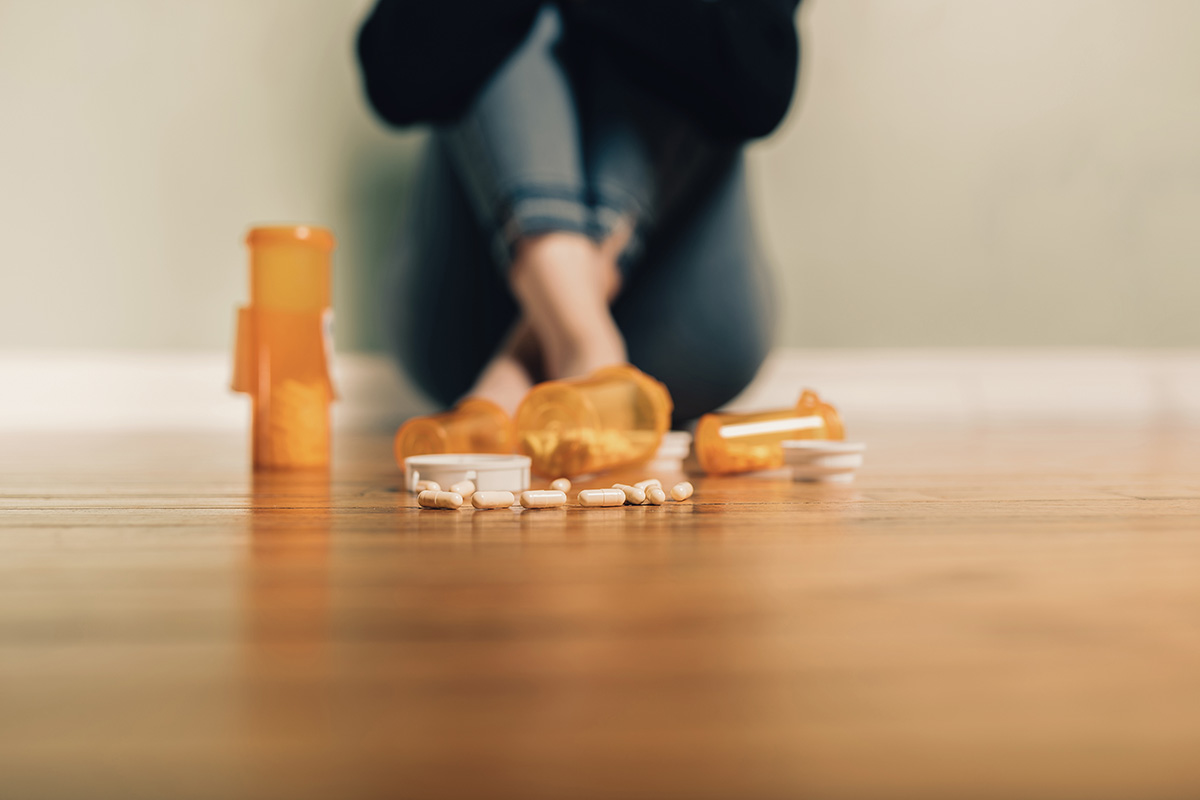Doctors prescribe opioids to patients who suffer from acute and chronic pain. Although these drugs are effective in relieving pain, they are also highly addictive. As a result, prescription opioid misuse is common in users. The risks of misusing opioids include addiction, dependency, and overdose.
Today millions of Americans have an addiction to opioids. Each year, opioid misuse leads to thousands of deaths. Still, the stigma of opioids remains the same. Many people do not view them as dangerous. Furthermore, opioid addiction in CO does not receive the widespread attention that it needs. If you need opioid addiction treatment, contact Women’s Recovery today at 833.754.0554.
Signs of Prescription Opioid Misuse
Opioids can cause side effects such as constipation, nausea, haziness, or drowsiness. They also cause slow breathing, which is a leading cause of opioid-related deaths. It is essential to understand the signs of an opioid overdose and an opioid addiction.
Opioid Overdose
An opioid overdose can happen quickly and lead to long-term medical issues or fatality. The signs of opioid overdose include:
- Slowed breathing
- Heart failure
- Inability to wake up
- Vomiting or gurgling
- Blue lips and fingernails
- Limp body
- Pale or clammy skin
If you or another person experiences the symptoms of an opioid overdose, you should seek emergency help immediately by calling 911. Doing so can save a life and prevent serious side effects of prescription opioid misuse. To avoid an opioid overdose, contact a prescription drug addiction treatment center.
Opioid Addiction
Opioid addiction in CO is growing more common, as more patients receive pain medication for various conditions. Like any other addiction, opioid addiction develops slowly over time. As a result, the symptoms of addiction are not instantly recognizable. If you suspect that someone struggles with addiction, then looking for the following signs:
- Obsession with opioids
- Inability to quit after multiple attempts
- Multiple increases in dosage
- Obtaining opioids illegally
- Changes in mood and behavior
- Denial that a problem exists
A person who is addicted to opioids may change their behavior, mood, appearance, and friends. They may neglect responsibilities at work or home and isolate themselves from others. You may notice disruptions in their eating and sleeping patterns. If so, try to develop an effective intervention strategy. An intensive outpatient treatment program is a great starting point for recovery from opioid addiction.
Treatment for Prescription Opioid Misuse
If you or a loved one are addicted to opioids, help is available. Opioid addiction treatment programs in Colorado offer comprehensive treatment that includes:
Cognitive-Behavioral Therapy
One of the most effective ways to treat opioid addiction is cognitive-behavioral therapy. During your session, you learn how to identify the negative thoughts and behaviors that led to your addiction. Using mindfulness and talk therapy, you know how to replace your thoughts with more positive and empowering thoughts.
Trauma-Informed Care
You may have developed an addiction as a result of a mental health issue such as post-traumatic stress disorder (PTSD). In that case, trauma-informed care can help you overcome both your addiction and your mental health condition. Trauma-informed care enables you to find solutions for PTSD without revisiting your trauma over and again.
Medication-Assisted Treatment
One of the best ways to manage your withdrawal symptoms and cravings during opioid detox is medication-assisted treatment (MAT). Medication can reduce the severity of the cravings so that you have a better chance of completing detox and moving on to rehab. MAT can also reduce the intensity of your craving so that you do not relapse.
Learn More About Prescription Opioid Misuse at Women’s Recovery
Are you addicted to opioids? If so, now is the time to get treatment for prescription opioid misuse. Women’s Recovery offers dual diagnosis and evidence-based treatment for all types of addictions. Call Women’s Recovery at 833.754.0554 to find out more about your treatment options. We are here to help you get back on your feet after addiction.







